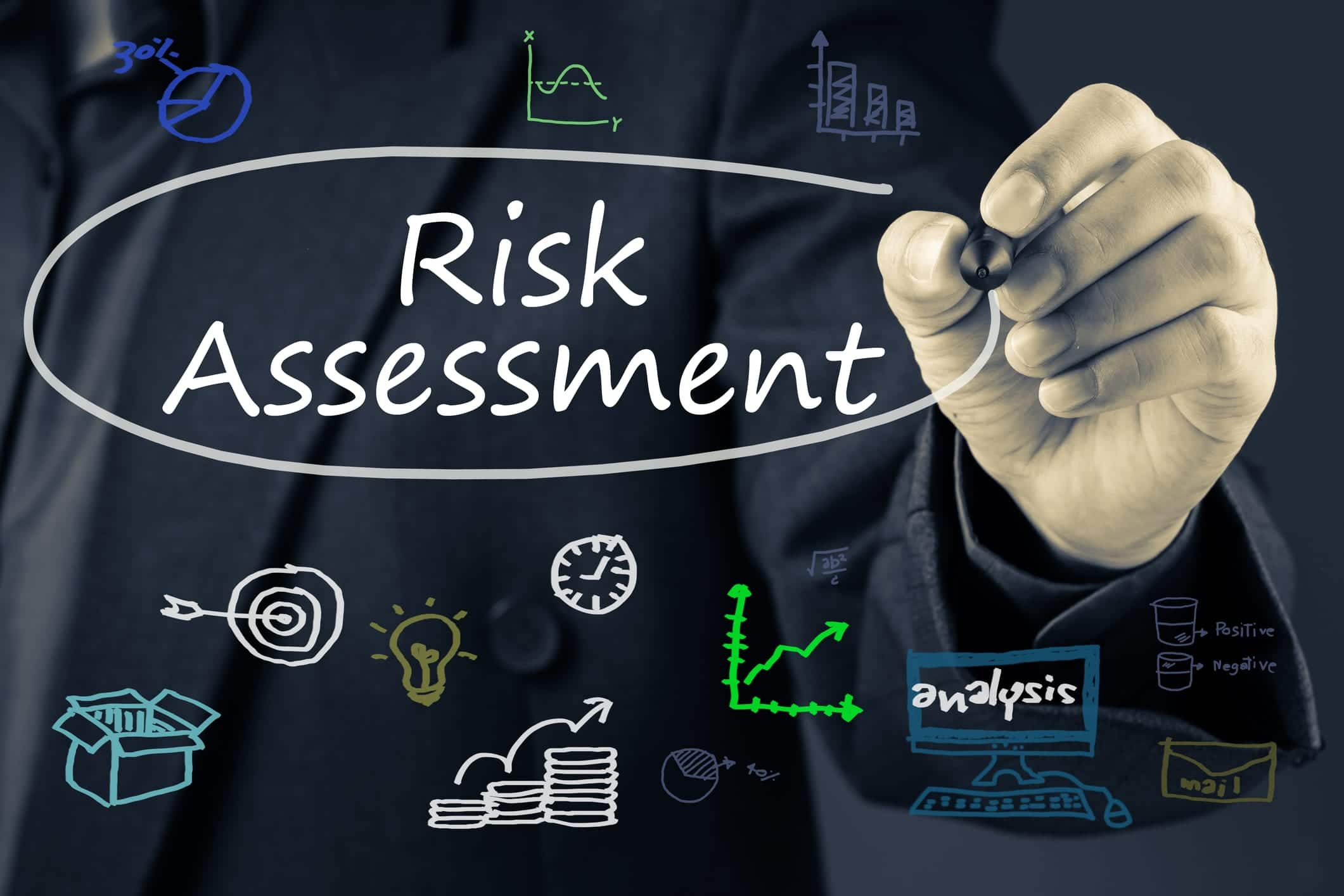What is Martyn’s Law?
Martyn’s Law is proposed UK legislation designed to enhance security measures in public spaces. It aims to make public venues better prepared and more responsive to potential threats. The law would set different requirements based on the size and nature of the venue, ensuring that all premises, from small events to large arenas, take necessary security precautions to protect the public.
What could Martyn’s Law entail?
The proposed legislation introduces a tiered approach:
Enhanced tier: applies to venues with a capacity of 800 people or more, requiring more comprehensive security measures.
Standard tier: applies to venues with a capacity of 100 to 799 people, with simpler, lower-cost requirements.
Key components of Martyn’s Law include:
What are our Vendors saying?
WIRELESS CRITICAL ALERTS EXPLAINED – LUMINITE
The Luminite Alertex Wireless Critical Alert System forms an interconnecting wireless mesh network across a site with a flashing beacons and sounders or wireless speakers for security messaging. When one unit is triggered, it will activate all other units on the same site and within range. The Alertex system can be activated by any call-point or key fob within range of any unit, or remotely from a central location using the Alertex web portal and IP bridge. The system is fully standalone and requires no wires or cabling. Units are battery-powered with a long battery-life up to 2 years.
FAQs section:
Everything you need to know about Martyn’s Law
Why was Martyn’s Law proposed?
Martyn’s Law emerged from a campaign led by Figen Murray, the mother of Martyn Hett, who was killed in the 2017 Manchester Arena bombing, amongst others. The attack highlighted the gaps in security of public venues, and the need for legal requirements to ensure that such places take safety precautions.
What does Martyn’s Law mean for businesses?
For businesses, especially those managing large public spaces such as arenas, shopping centres and entertainment venues, Martyn’s Law will mean a significant shift in how they approach security. They may need to:
• Invest in new security infrastructure and technologies.
• Regularly update risk assessments and security plans.
• Train staff to handle potential threats.
• Comply with legal requirements to avoid penalties.
Businesses will need to balance the costs and operational impacts of these new requirements with the need to ensure public safety. The legislation will likely require a proactive approach to security, making it a critical consideration in daily operations.
What businesses will Martyn’s Law impact?
The proposed legislation will impact qualifying public premises and public events. Those responsible may be individuals, but in most cases, would be a business or organisation.
Conditions for premises would be that they have a capacity of more than 100 people and are wholly or mainly used for a listed public purpose like entertainment and leisure, retail, food and drink, theatres, museums and galleries, sports grounds, government buildings and more.
Security requirements for Martyn’s Law standard tier
A standard tier may undertake a lower-cost, simple but effective process:
• Staff training
• Information sharing
• Preparation plan e.g., locking doors or knowledge of lifesaving medical measures
Security requirements for Martyn’s Law enhanced tier
An enhanced tier will need to undertake a risk assessment and may entail the following measures:
• Developing a vigilance and security culture
• Implementation of physical measures like CCTV
• New security systems and processes
• The government will establish an inspection and enforcement regime
• Dedicated statutory guidance
Why do we need Martyn’s Law?
According to Government data, there have been 14 terror attacks in the UK since the start of 2017. Martyn’s Law aims to enhance the safety and security of public venues and ensure they take the necessary steps to mitigate threats.
When will Martyn’s Law be implemented?
Martyn’s Law is expected to pass during the 2024 parliamentary session, with full implementation likely in 2025, giving businesses and venues enough time to prepare and comply with the new regulations.
What support will be available to businesses?
Dedicated guidance and support will be provided from the government for Martyn’s Law to help businesses comply without undue burden.
How will Martyn’s Law be enforced?
A Regulator will monitor compliance and advise premises. The Regulator will have powers to investigate and issue fines for non-compliance.
Where to find more guidance on Martyn’s Law
You can find more information about Martyn’s Law and its progress by visiting GOV.UK. They have published a useful factsheet here.
But don’t worry, we’ll be updating this page regularly with the latest news and insights.








